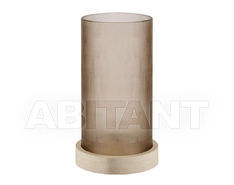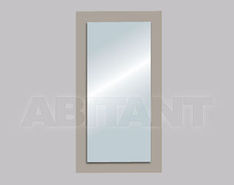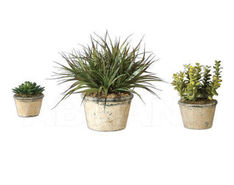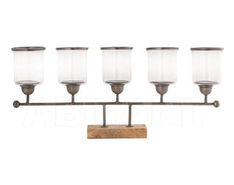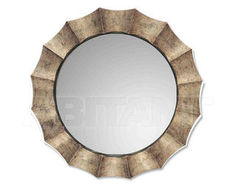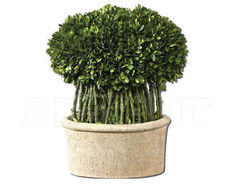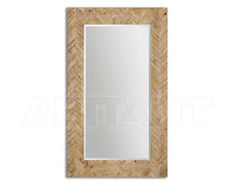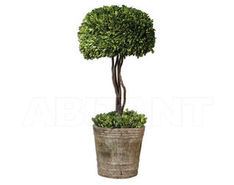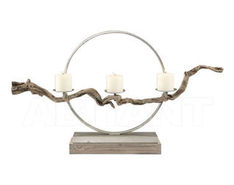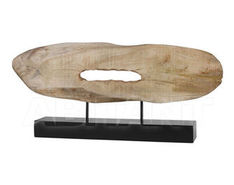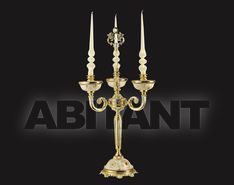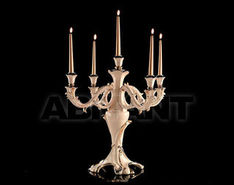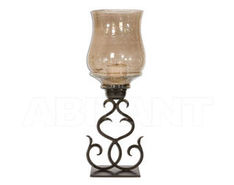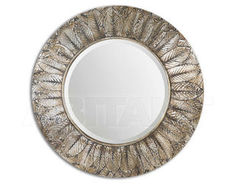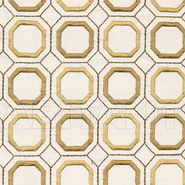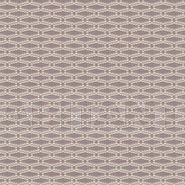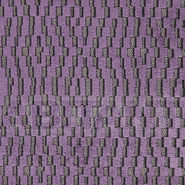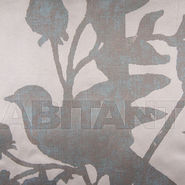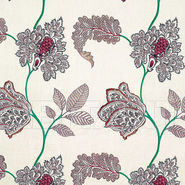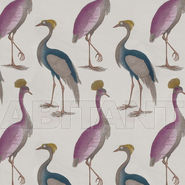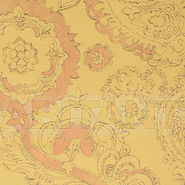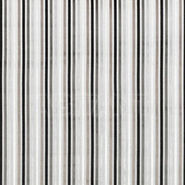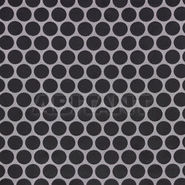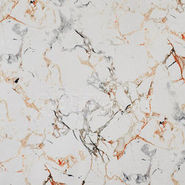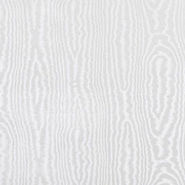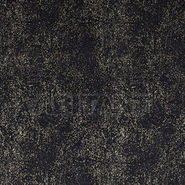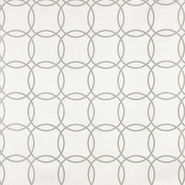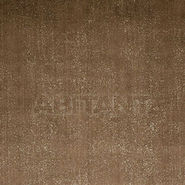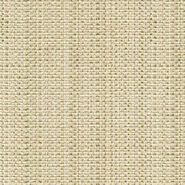Portiere fabric NATURAL Timorous beasties Hornbrook BB/JAQ/01
product code: 350949
Price level
Standard
Price depends on
configuration and the volume
of your order
configuration and the volume
of your order
Price
on request
on request
3
Estimated delivery time
- From 4 To 6 weeks
- translation missing: en.admin.transport_direction.show.from 3.5 translation missing: en.admin.transport_direction.show.to 4.5 weeks
- 1 week
Brand
Sizes
140
Product Specifications
| Arabesque | Big Arabesque |
|---|---|
| Area of use | For Windows & Walls Setting, Regular Upholstery |
| Drawing type | With Floral Pattern, Birds |
Composition
| Li - Linen | 65% |
|---|---|
| VI - Viscose | 35% |
Care rules

matching this productClick to select a particular type of product
Product colour
Light beige
Ivory
Style
Oriental / Japanese / Chinese
Oriental styles are very quaint. Like every ethnic trend, they are tightly bound to national tradition. The Oriental styles' main attributes are simple lines and definite forms, though less ascetical than in minimalism. Both furniture and decor use only natural materials. The furniture itself is low and squat: instead of a bed we would often encounter a podium or a futon, instead of a wardrobe - a chest and caskets. Wide door frames, contrasting colours, screens, mats,curtains made of bamboo, jute, sisal. Dimmed, opaque lighting is usually provided by low hanging lamps and squat floor lamps. The Chinese style has more decor: various figurines, lamps, calligraphy and patterns.
Loft / Fusion / Vintage / Retro
Combining the incompatible: the Viennese chairs, lamps by Philippe Starck, the bathroom in the style of hi-tech and Empire-style doors. All of this is eclectic and is called "fusion».
By combining several trends in a single interior design it is possible to create a sort of "artful chaos" that is the "Fusion" style. However, it is not that simple. Fusion implies extraordinary ideas that transcend the commonly accepted stereotypes. Fusion is an experiment. There are no rules when creating a Fusion interior, for there cannot be. It is a mix of styles, each time with different ingredients and in different proportions. That's why a Fusion-style interior cannot be copied - the style itself does not allow any copying. It opens up great opportunities for creativity and can satisfy widely varied tastes and requirements. Fusion likes the daring. It often incorporates seemingly unmixable items that we're used to seeing in specific interior styles: Classical, Baroque or even High-Tech.
Contemporary / Modern
The contemporary style in a flat is, first and foremost, about compact forms and simple geometry. Modern people are tired of supersaturated decor and complex forms. Modern fashion favours moderate asceticism, cozy family home, introspection, creation of a family's inner world - reliable, calm, peaceful. The pertinence of contemporary style lies in its functionality and coetaneous unpredictability. Nowadays everyone is free to choose their own lifestyle. Each person's creativity and uniqueness determines the inventivess of their home interior.
Classical / Historical
The term "classic" originates from the 17th century, when the art as a whole was focused on Antiquity. The Classical style spread between the palace-type buildings where the higher stratum - the nobility - lived. Those were the interiors of breathtaking splendour: high ceilings supported by Antique-styled pillars, spacious rooms adorned by expensive, high-quality furniture made specifically from all the best natural materials craftsmen could find. Pomposity and lusciousness did not spoil the comfort - it even complemented it.
Other curtain fabrics, curtains





